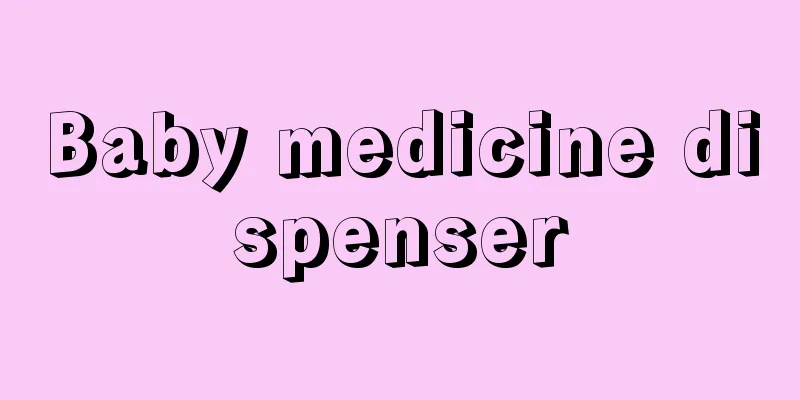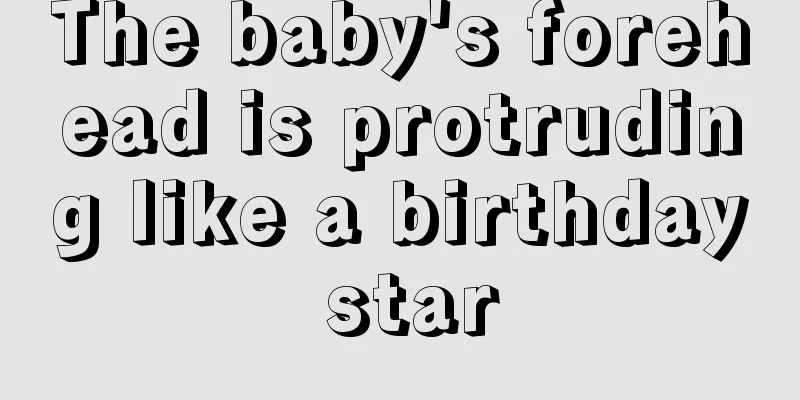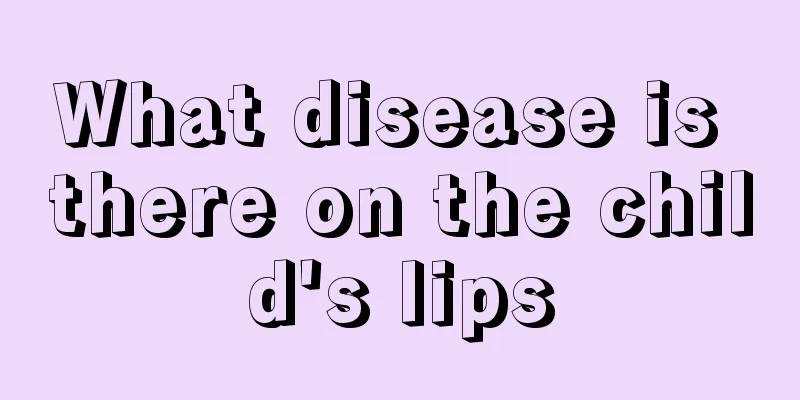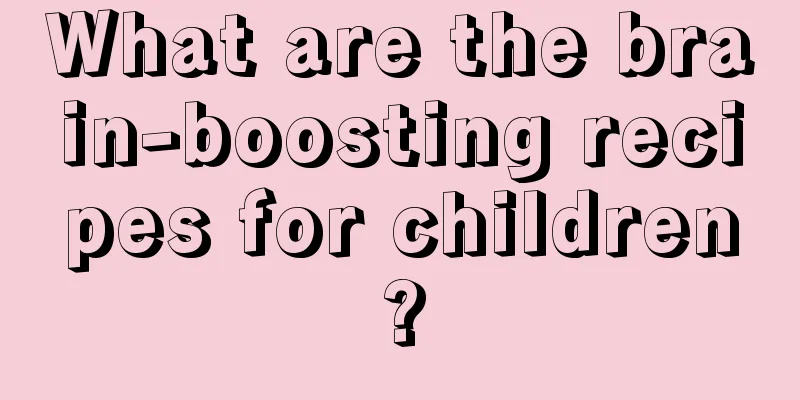Baby medicine dispenser

|
The baby's physical development is not yet complete, so during the baby's development, even if the mother takes good care of the baby, it is inevitable that the baby will get sick. When the baby is sick, the most troublesome thing for the mother is to feed the baby medicine. Now there are special tools for feeding medicine to babies, which is the baby medicine feeder. It is safer when using the medicine feeder to feed medicine to babies.
The main purpose of using a medicine feeder to feed medicine is to address the problem that babies of this age group may struggle and resist during the feeding process, which causes waste and dirt in the medicine feeding process. It makes up for the defects of feeding medicine with a spoon. With the help of a medicine feeder, the medicine can be delivered to the baby's mouth. At the same time, using a medicine feeder can allow the baby to finish the medicine in a short time and prevent the baby from crying. Moreover, when using a medicine feeder, the medicine will not spill. Neither the medicine will be wasted nor too much time will be wasted. Feeding medicine is a slow process in itself. If the baby is not allowed to drink the medicine for a long time, the baby’s mood will be affected and he will be prone to crying and making a fuss, which will make it more difficult for him to drink the medicine. In addition, parents are reminded that when the baby is crying, never feed the baby medicine, as this may easily choke the baby. Also, do not use the traditional method of pinching the nose to feed medicine. Correct feeding of medicine is beneficial to the baby's health. Feed medicine safely so that the baby does not cry Let your baby recline comfortably In order to feed the baby medicine smoothly, first let the baby lean against a recliner or stroller so that the baby is not easily choked, and then place a small towel on the baby's chest.
Strictly follow the dosage prescribed by the doctor when giving the medicine to your baby. If it is a liquid medicine, first measure the amount of medicine with a measuring cup and pour it into a small spoon. Do not pour the medicine too full, as the liquid will easily overflow from the spoon and spill when feeding, resulting in inaccurate dosage. You can also pour the medicine into a spoon and feed it to your baby in two doses so that the medicine will not spill. Eye drops Applying eye drops to babies is also a "technical job". Let the baby lie in the crib, gently lift the baby's head with one hand, hold the eye drops with the other hand, and drip them into the corners of the baby's eyes. Be careful not to let the baby's eyes touch the medicine bottle, otherwise it will easily contaminate the medicine. After applying the drops, gently open the baby's eyelids to allow the medicine to slide smoothly into the eyes.
If the syrup is fruity, the baby can easily accept it and feed it directly with a spoon. Gently press your baby's chin, or hold his dancing hands, ask him to open his mouth, and then place the spoon on his lips. Gently lift the spoon and let your baby suck the syrup at his own pace. Feed bitter medicine, use small tools If the taste of the medicine is difficult for the baby to accept, or the medicine powder needs to be diluted with water. You can feed your baby with a syringe-type medicine feeder. After sucking the appropriate dose into the medicine feeder, place the needle tip in the baby's mouth and gently push the piston forward to deliver the medicine to the back of the baby's tongue. There are few taste buds in this area, so the baby will not feel it is very bitter. The medicine feeding tools we selected for you Micro wide-mouth bottle: The wide mouth makes it easy to pour medicine into the bottle. The micro bottle can minimize the amount of medicine left on the bottle wall. Syringe feeder: As long as you can control the speed of drug delivery, using a syringe feeder is still very convenient. When pushing the medicine into the baby's mouth, do not use too much force, as this will cause the medicine to splash out. Push the piston gently in accordance with the baby's swallowing rhythm. |
<<: What to do if your baby has mouth ulcers
>>: Why does a newborn baby not urinate for 4 days?
Recommend
Prevention and treatment measures for viral colds in children
Colds are the most common and most frequent of al...
Hand, foot and mouth disease in children
Hand, foot and mouth disease is a disease with a ...
Reasons for newborns to burp after drinking milk
Newborn babies need careful care, especially when...
Sequelae of severe neonatal asphyxia
If a newborn suffers from severe asphyxia, emerge...
How to treat anemia in children?
Once a child has anemia, parents are very worried...
What to do if baby has blisters on his fingers
Babies grow up under the care of their parents si...
What happens when your baby is teething?
Baby is a child younger than child, and is a nick...
Can children bask in the sun when they have a fever?
There are many reasons why children have a fever....
What should a nine-month-old baby with anemia eat?
Children are the apple of every parent’s eye. If ...
What are the preventive measures for tonsil suppuration in children?
Children are more prone to illness because their ...
Why does my baby not like to eat?
Nowadays every child has become the baby of the f...
At what age should babies get the chickenpox vaccine
When children reach a certain age, they need to b...
Is it good for children to speak early?
We all know that babies cannot speak when they ar...
What's the matter with the blue veins in the corners of the baby's eyes?
Blue veins on the face do not only occur in a cer...
What are the Chinese patent medicines for strengthening the spleen and stomach in children?
Now that summer has arrived, many children like t...









